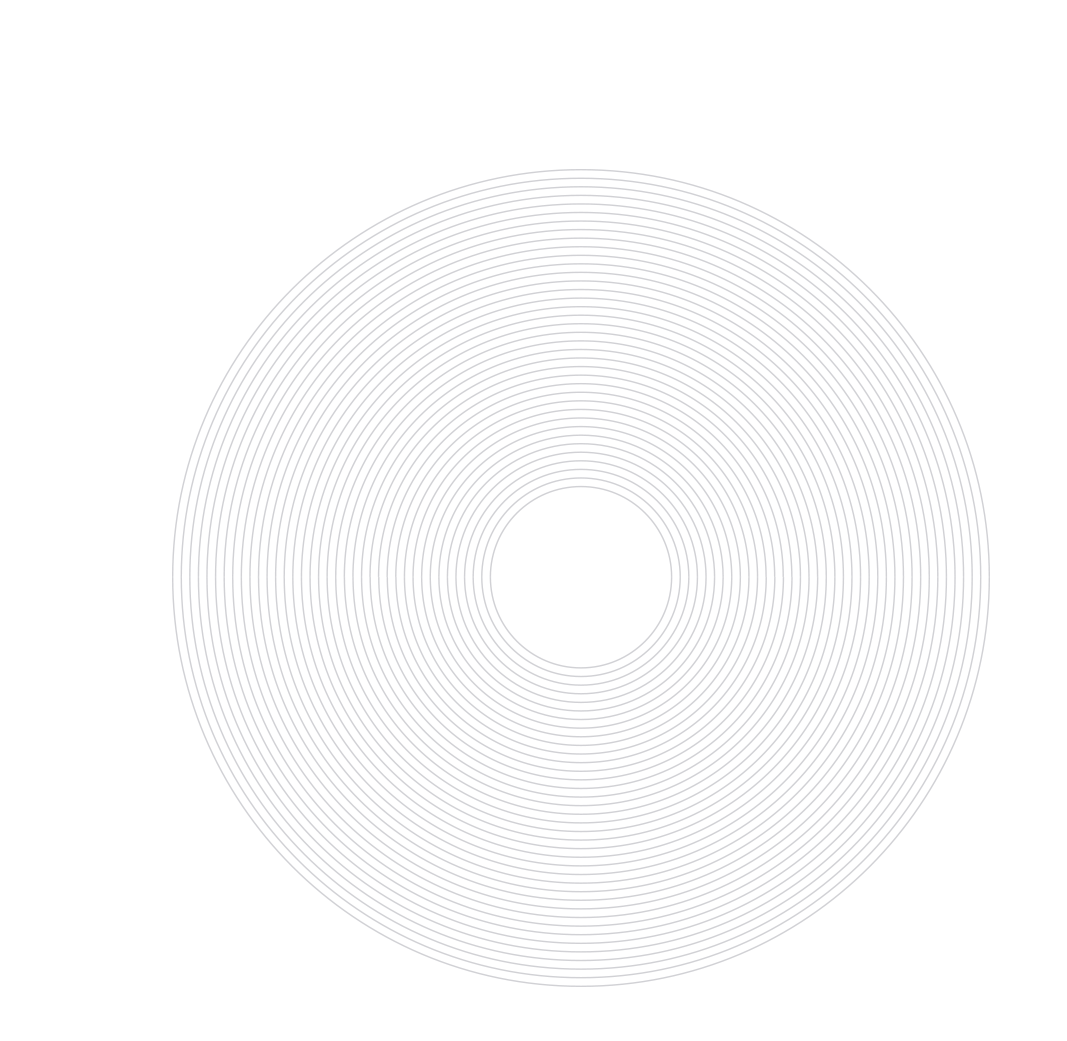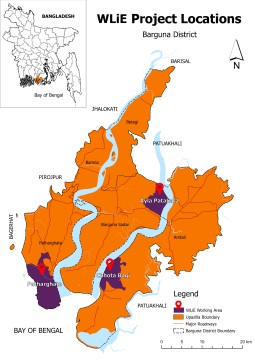
The ‘Women Lead in Emergencies’ project is a 4-year multi-country programme, managed by CARE France in partnership with CARE Colombia, RED Nacional de Mujeres (RNM), CARE Ethiopia, ELIDA, CARE Ukraine, Safe Space, CARE Bangladesh, Jago Nari, CARE UK (WLiE technical lead) and IDS (research partner). The project aims to increase the participation and leadership of women's organisations, collectives and networks (formal and informal) in actions to promote peace and security, and in the design and implementation of the humanitarian response.
The project combines two new modalities/approaches to support women’s leadership and meaningful participation in and through humanitarian and nexus programming: AFD’s Support Fund for Feminist Organisations (FSOF) and CARE’s Women Lead in Emergencies (WLiE) programming model. Alongside these partnership and programming modalities, the programme also has a Research and Learning component to generate evidence and recommendations on how aid agencies and humanitarian actors can better fund and support women’s meaningful participation and locally led humanitarian action. The ‘research and learning’ component is led by the research partner ‘Institute of Development Studies (IDS).
The project has a total duration of 48 months, started in August 2024 and will run until the end of July 2028.
This project is financed by the Agence Française de Développement (AFD) and its overall objective is to increase effective participation of WROs[1] and women’s community groups in the actions to promote peace, security, and in the design and implementation of the humanitarian response.
The proposed project aims to achieve the following three complementary results:
R1. Partner women's rights organizations (WROs) increase their financial, organizational and technical capacity to actively participate in and lead actions for peace, security and humanitarian action at national and sub-national levels, through the FSOF modality.
R2. Community women's groups strengthen their capacity to organize and participate in peace, security and humanitarian action through local replication of the WLiE model by partner women's rights organizations.
R3. CARE and women's rights organizations advocate for inclusive and gender-responsive peace, security and humanitarian action at local, national and international levels, through the strengthening of women's networks, women's practice-based learning and the evidence generated by combining the FSOF (R1) and WLiE (R2) models.
Targets: In total 40 Women’s Groups. Per Cycle 20 Women’s Groups. Direct participants 800 women.

1 District (Barguna)
3 Upazila (Barguna Sadar, Patharghata, and Taltoli)
© Copyright 2025 CARE Bangladesh. Powered By Bangladesh Online